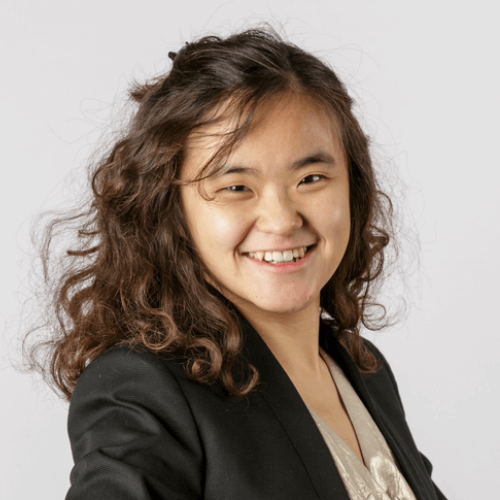During ‘last mile’ journeys, vaccines can be exposed to temperatures that are too high or too low, meaning they arrive damaged.
The World Health Organization estimates that between two to three million children die each year from vaccine-preventable disease. In 2018, 20 million children still lacked basic vaccinations. Current vaccine carriers last for hours whereas ‘last-mile’ journeys can take up to seven days. The wastage can be up to 85%, which increases when journeys exceed the current vaccine carrier’s capacity.
Ideabatic’s solutions target the last-mile cold-chain issues with SMILE, a smart last-mile vaccine cooling system. It helps to preserve vaccines so that they remain effective in the last few miles of delivery and arrive safely.
Vaccines are often transported by foot, bike, canoe or donkey. ‘Last-mile’ journeys can last up to seven days with little infrastructure or electricity available to help preserve vaccines. SMILE has a last-mile capacity of three to five days without external power and can carry vaccines for over 500 people. Using the technology requires minimal training, supporting its aim to reduce vaccine wastage to below 5%.

The technology keeps vaccines within the right temperature range without an external power source. It uses a self-closing door that minimises human error and heat damage, and an extraction system that ensures that remaining vaccines are not exposed to excess heat when others are removed.
Kitty Liao has over ten years’ experience in multi-disciplinary system design and low-temperature research and development. She is leading Ideabatic as it conducts field trials in Africa and prepares for launch in 2020. The startup works with field experts and the Centre for Global Equality, and welcomes collaboration to accelerate the launch of SMILE.
Kitty Liao was awarded a 2018 Enterprise Fellowship to support her work in refining the technology, trialling its use and bringing it to market.
Associated Programme

